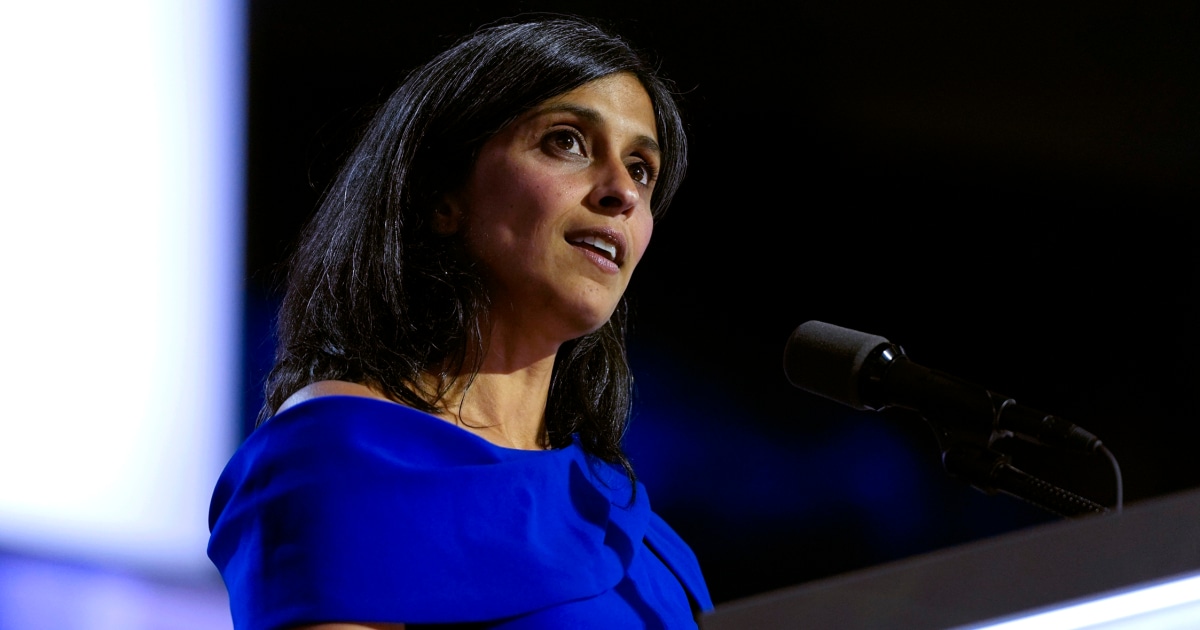
The 2024 Republican National Convention has been a platform for various speakers, including J.D. Vance, who was introduced by his mother, Usha Chilukuri Vance. Usha, an Indian immigrant's child, shared her background during her speech at the convention.
J.D. Vance gained prominence through his book 'Hillbilly Elegy,' which explored themes of alienation and disaffection among white working-class Americans. He served in the Marines and deployed to Iraq, while Donald Trump, the former president, avoided service in Vietnam.
Usha's speech has drawn criticism from some quarters due to the heavily anti-immigrant sentiment that pervaded the audience she was speaking to. Throughout the evening, blue and red signs reading 'Mass Deportations Now' were visible, and audible chants of 'Send them back' reverberated multiple times.
J.D. Vance is the first vice-presidential candidate from Ohio since 1944. The Ohio Republican Party had a long run of one family dominating it for over a century, with politicians like John Kasich, Robert Taft Sr., Robert Taft Jr., and Robert Taft III.
Kasich, a former representative from Columbus, was known for his solid, funny, and normal policies like assault-weapons ban and NAFTA support. Rob Portman embodied the Republican establishment in Ohio and nationally with his focus on serious policy.
Trump received support from most leading Ohio Republicans despite his controversial actions. Kasich refused to support Trump in both the 2016 nomination and the 2020 election, while Portman endorsed him after initially distancing himself. Mike DeWine, the current Ohio governor, has avoided confrontation with Trump and plans to support the nominee in 2024.
J.D. Vance's version of politics, as told in 'Hillbilly Elegy,' is a story of a young man largely raised by his grandparents and overcoming themes of alienation. His book has been turned into a movie directed by Ron Howard.
The Ohio GOP's transformation under J.D. Vance has a 'Guns of August' feel and could serve as a case study for how democracies die.





